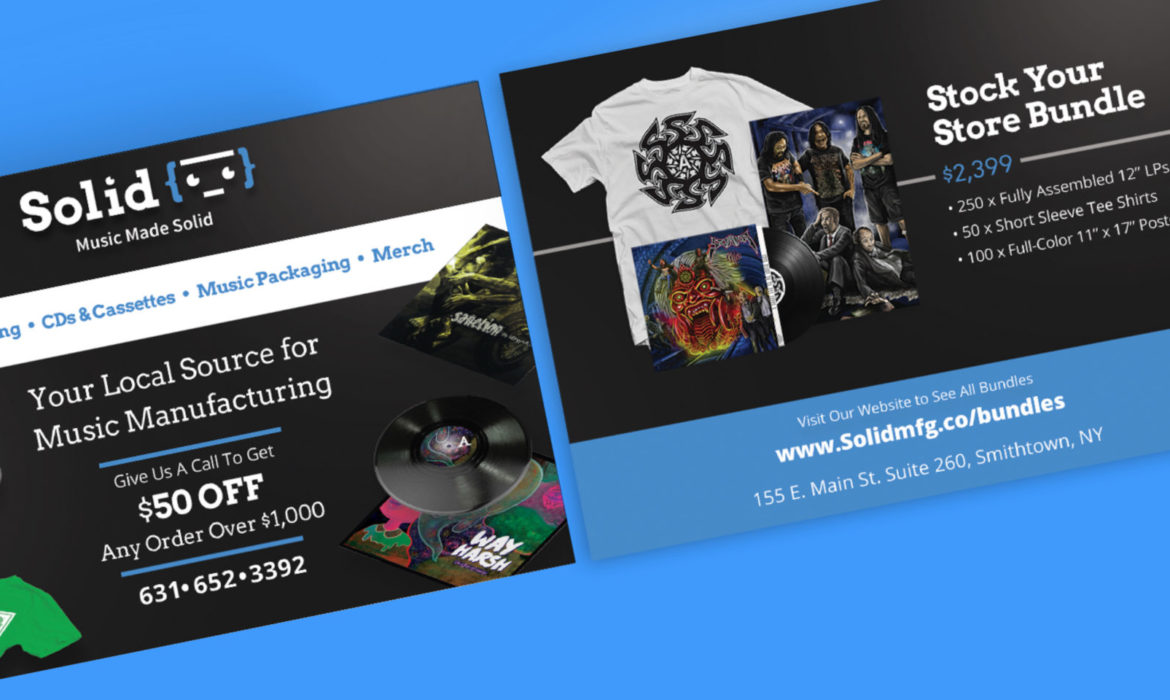It is hard to believe that the complexities of the internet will continue to get more intense. Using data for decision making is not new, but now with too much information coming though the typical marketing pipe, it requires new tools to manage for success. This is the reason Linx has chosen Marketo to track each and every behavioral action by our clients customers. Making it possible to easily identify ROI and improve marketing success!
Barcelona, Spain—By 2020, there will be 50 billion Internet of Things (IoT) devices globally, according to Cisco. That’s the one big stat that keeps coming up at Mobile World Congress this week to quantify how big the mobile industry is poised to become.
But while tech firms like Qualcomm, IBM, Dell and Intel tout the possibilities of storing and analyzing billions of bits of data, only a handful of brands—like fitness companies and automakers—are ready to fully embrace the IoT. That’s partly because they don’t see an immediate return on investment, and the trove of data makes it tough to know what information about consumers is most important.
During a keynote on Wednesday, GE’s svp and chief digital officer William Ruh explained that industrial companies like his have different expectations for data than consumer-facing brands.
“Industrial companies are slightly different than, say, consumers or governments,” he said. “They’re not buying a great mobile or social experience. What they care about are outcomes, so what they care about is, ‘Are you going to help me burn less fuel to generate more energy? Are you going to make my employees safer?'”
Martin Lange, global consulting partner for OgilvyRED agreed, saying that “the majority of IoT is more about utility.”
He added that most of the ways brands use connected devices are one-offs and gimmicky. The best real-world example of marketing tied to a piece of hardware is the use of beacons, like in New York’s LinkNYC program, Lange said.
While the spigot of data the Internet of Things is releasing is interesting for brands, too much data is a problem, noted Peter Hamilton, CEO of mobile app analytics company Tune.
In terms of IoT’s impact on mobile advertising, Opera Mediaworks’ svp of business development and marketing Nikao Yang said there’s an increasing number of ad inventory on new devices like smart refrigerators and smart watches. But most of those advertising experiences will include mobile ads in the future since smartphones collect data and act as a remote control for other devices.
He also said consumers may not be responsive to ads on IoT devices and that the purpose of the tech is to provide value for people.
“The creative has to be native and part of the core product, but can’t be overly sales-y,” he said.
One reason automotive brands like Porsche, Mercedes and Ford are more bullish on the Internet of Things than other industries is because they’re now competing with titans like Apple, Tesla and Google that have technology built into their DNA.
“Tesla is probably pretty famous for pushing out software updates roughly every three months,” explained Macario Namie, vp of strategy at Jasper, a platform that powers automakers’ connected cars during a panel on Wednesday. “They view themselves as a software company that happens to use the hardware of the car as a platform, which I think is the direction that many OEMs [original equipment manufacturers] are going.”
Plus, cars have a longer shelf life than many products, putting them at greater risk of lagging behind the increasing speed of technology that consumers demand.
“In what other industry would you have a product that ships once and then not change for the next 10 years?” Namie said. “The buyer is changing the way people consume services.”
Source: AdWeek February 25, 2016/span>




